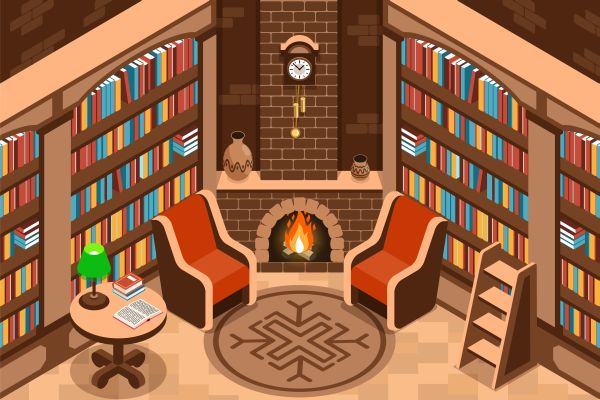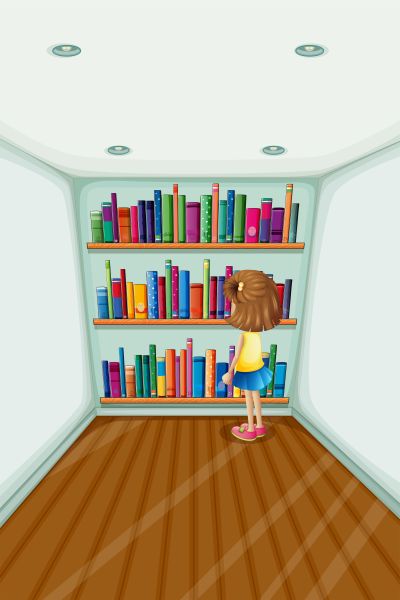Off limits
- POSTED ON: 18 Apr, 2024
- TOTAL VIEWS: 536 Views
- POSTED BY: Madhuvanti S. Krishnan
- ARTICLE POINTS: 150 Points

“Books are people; people who have managed to stay alive by hiding between the covers of a book,” said E.B. White, author of Charlotte’s Web. While books act as a gateway to another world and often fire one’s imagination, there are times when some people decide that one particular book — no matter how famous or fun it is — is dangerous. So, this World Books and Copyright Day, here’s a look at five wildly popular books that ran into trouble at some point in their lifetime.
Alice’s Adventures in Wonderland
In 1931, this book was banned in Hunan, China, because it featured animals that behaved like humans — they were anthropomorphic. The governor believed that animals should not be portrayed like humans and that the two ought not be placed at an equal level.
Charlotte’s Web
This was also a case of people disliking anthropomorphism. Kansas, a city in Texas, the U.S., decided that this heart-warming tale of friendship between a pig named Wilbur and a barn spider called Charlotte was unnatural and banned it from the classrooms in 1952.
The Giving Tree
The story of a young boy’s friendship with a tree was deemed “sexist” by a public library in Colorado, the U.S. The complaint was that the tree — portrayed as female — was constantly giving and the young boy was only taking.
Where the Wild Things Are
Banned in many states of southern U.S., the book ran into problems due to its supernatural elements and the fact that many adults did not like how Max was sent to bed without supper as punishment.

The Diary of a Young Girl
The 13-year-old girl’s account of hiding from the Nazis was banned in schools and public libraries in many American states for being too depressing and for discussing sex and homosexuality.
A Wrinkle in Time
The story of how Meg, Calvin and Charles Wallace travel through space to rescue Meg and Charles’ father, was banned in Florida, the U.S., because it opposed Christian beliefs and taught occult practices.
The Harry Potter series
The story of the 11-year-old boy wizard was banned in many countries in West Asia and some states of the U.S. for its focus on magic, wizardry and witchcraft, and for actually teaching and containing spells and curses.
Charlie and the Chocolate Factory
When it was published in 1964, the edition was said to be racist in depicting the Oompa Loompas who were written as African pygmies who toiled away for a wage of cocoa beans. The book was then revised in 1973 where they were re-written as dwarves from Loompaland.
Now, match the books with the authors. How many can you get right?